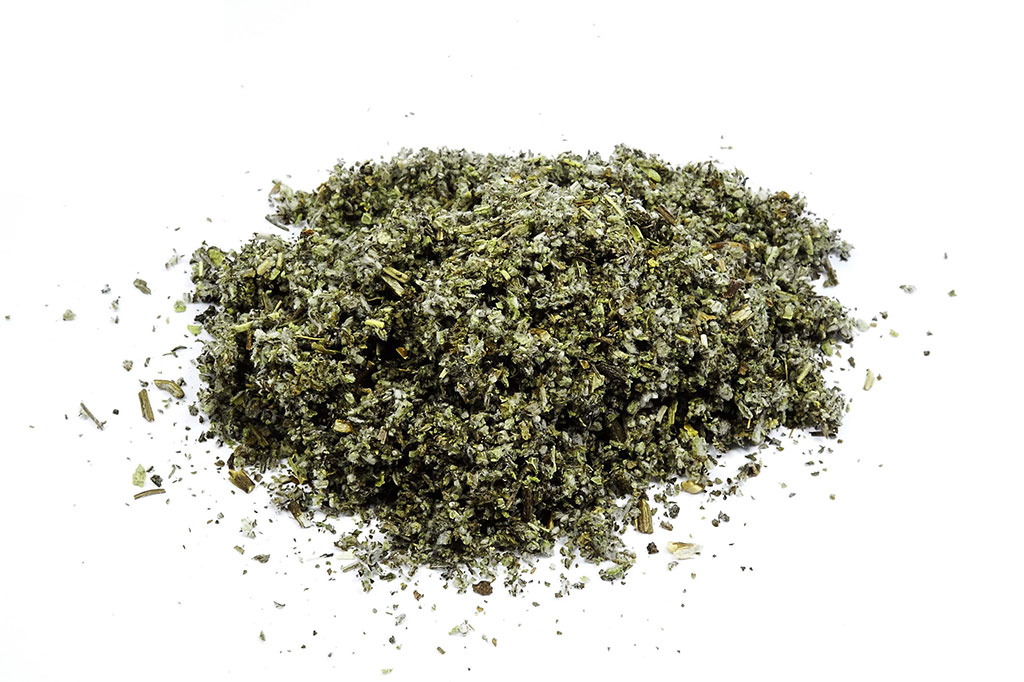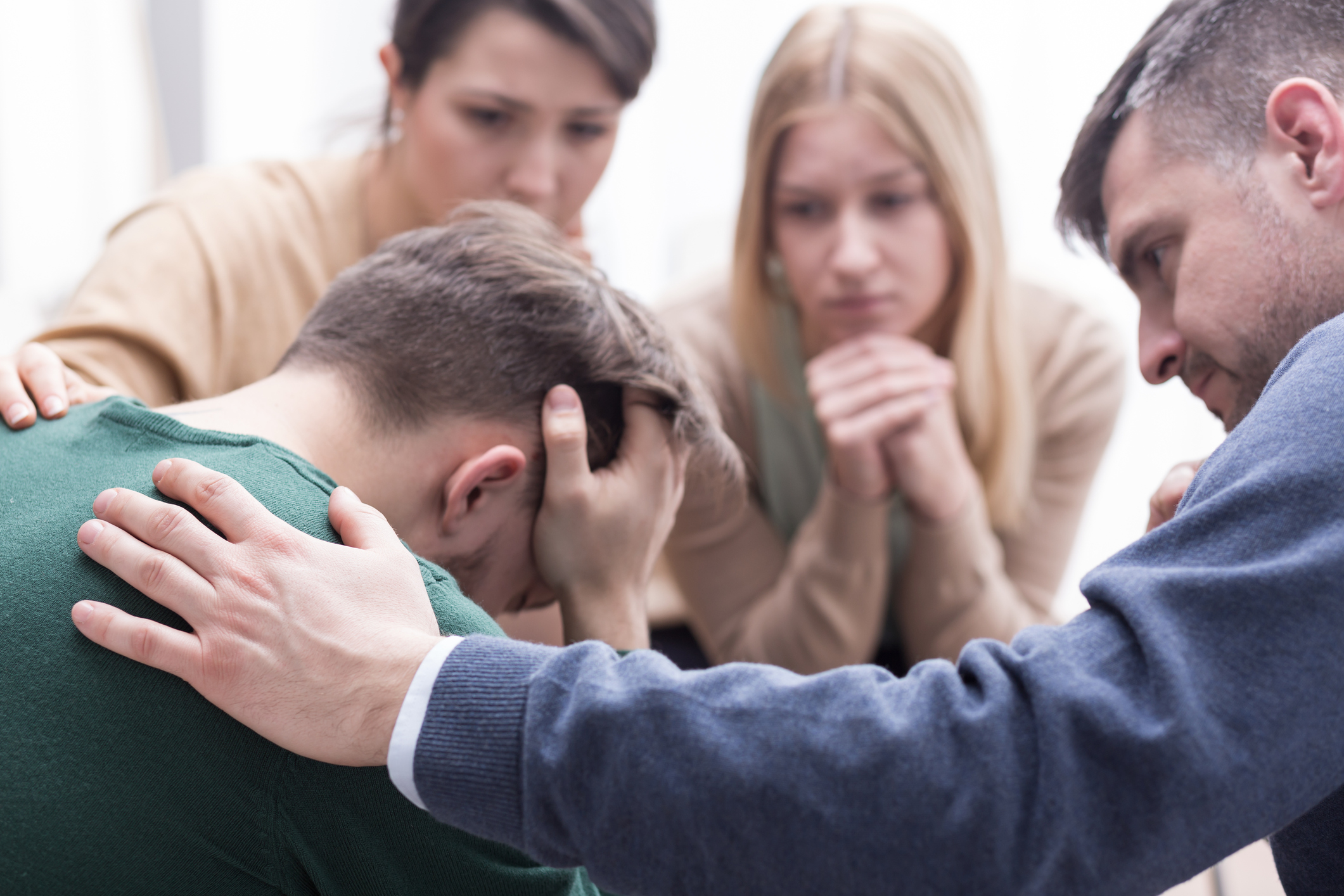
Drug Addicts Aren’t Losers, They Are Victims
September 11, 2017
Your Brain On Drugs
September 21, 2017Heading off to rehab can be a scary and uncertain time. For as long as you can remember, you’ve been living the life of an addict. It was predictable, you knew what to expect. You could walk through life and not feel, not care. With the possibility of all that changing, you might be worried what the future holds. Here are the 12 commonly asked questions about going to rehab for the first time. Maybe you can relate?
Our admissions coordinators are available 24/7 to answer any questions you may have as you consider whether treatment at Clearbrook Treatment Center is right for you or your loved one.
1. How Long Will Rehab Last?
Each journey is unique and different depending on your circumstances. Progress happens at individual rates, so there is no one clear cut answer to this question. Studies show that the best success rates happen with adequate treatment lengths.
For more residential treatment, you are looking at 90 days or more if you want the best chances of success. Dropping out from treatment early is one of the leading reasons for relapse. Just as you wouldn’t leave the hospital if you are battling cancer, you don’t want to quit rehab too early.
2. Why Can’t I Just Detox and Quit on My Own?
When you begin the process of eliminating addictive substances from your body, there is a strong likelihood that you are going to suffer withdrawal symptoms. Not only can these be painful, but some are life-threatening.
That’s why it is important to have a medical detox program in place. It will provide you a safe atmosphere to rid your body of dependency while beginning to work on living a healthier life.
3. What if the People Don’t Like Me?
It is a common fear that you will be judged, even by others with the same issues. Take this as an opportunity to face the fear and work through it. Talk about situations as they arise and be honest with the support systems within the rehab. Taking these small steps to deal with pain and hurt will set you up on a successful path to recovery. It may even help the other people involved. You may be surprised by the amount of people you find, that feel or have felt exactly the same as you.
4. What if I Don’t Like the Other People?
In the same regard, there may be people that you don’t like. Be careful that you don’t judge them as you don’t want to be judged. Try to be understanding of where they might be coming from and where their addictions took them. Then, maybe you’ll be able to find some compassion in your heart for what they are going through in life.
5. What if I Fail?
It doesn’t matter how long you are sober, this fear can easily crop back into your life. There are going to be times when you’ll begin to doubt your abilities. It will even happen that you will fall short of your goals.
The key is to always get back up and keep trying. Success isn’t always measured by winning. It is often measured in what we learn from falling. You can use the fear to help propel you forward to a sober life.
6. Who Will I Be When I am Sober?
After months or even years of being an addict, it can be a little scary thinking about whom you might become now that you have completed rehab. You have a great chance to redefine yourself and your life. Take some time to reflect on the dreams and aspirations you have for yourself that couldn’t be accomplished when you were using.
Now would be a great time to put a plan into motion to help you finally achieve those dreams. Invest in volunteering or taking a class that might enrich you. These are all options you have once you become sober and start living a more vibrant life.
7. What if I Don’t Like Being Sober?
A common concern is that sobriety can be boring. This really couldn’t be further from the truth. While there may be times of discomfort, you don’t have to stay stuck. Rather than running from this fear, talk with support and make a list of ways that sobriety can be exciting.
Between all the new friends you can make, the opportunities that will be open to you and the chance to repair old relationships, you should have plenty to keep you busy. Be easy with yourself as you come to rediscover what has meaning to you. Find new passions and hobbies with which to invest your time in. You’ll soon feel like you don’t have enough time in the day to enjoy your life as much as you wish.
8. Will I Have to Face Bad Things?
I wish I could tell you no, but that’s not the truth. None of us want to face those fears, hurts or anger that are inside. For a successful recovery, it is necessary to learn how to cope with these feelings that are normal.
While you are in rehab, work with the team to plan out your aftercare. It takes more than 30-90 days to resolve the issues that have been lying dormant inside you. You didn’t become an addict in a week, so don’t expect everything to be worked out that fast either.
9. Will I Be Forced to Live with Guilt?
Once the effects of the alcohol or drugs start to wear off, you might find yourself feeling guilty for some of the things you’ve done. This is why it will be important to be at a reputable facility where they can help you work through these issues.
Talk openly about your feelings and you’ll probably find that others there feel the same way. Above all, keep in mind that you are human and it is natural that you’ve made mistakes. Addiction is a disease and you can’t beat yourself up for the things that happened while you were using. Be easy and gentle. Remember to treat yourself the way you would want others to be treated.
10. Will These Feelings Overwhelm Me?
Once you begin to have feelings, it can be an overwhelming and wonderful feeling all at the same time. You might have to face some unpleasant feelings of hurt and anger, but you also get to face the joyful feelings you’ve been shut off from.
You can choose to have a good attitude about the feelings that you are facing. Instead of seeing them as something to drag you down, consider instead that they have a purpose. They are going to propel you to a healthier and more balanced lifestyle if you allow them too.
11. How Do I Get My Spouse to Quit?
If you are married to someone who is also using drugs and alcohol, trying to convince them to quit could prove challenging. It will be difficult for you to come home to an environment that is not sober, so it is in your best interests to have a heart-to-heart with them.
See if you can enlist the help of your counselor at rehab to organize a plan in which to approach your loved one. Remember, you cannot control the decision they make, no matter how much you care for them.
12. What if My Loved Ones Don’t Wait for Me?
With the time that you are investing into recovery, it is a valid fear that some loved ones may not want to wait. Rejection, especially from those closest to us, can be a difficult issue to work through.
Your true friends and family will not desert you during this time. You could look at this as a great way to see who truly loves you. While it is painful, it is best that those who don’t believe in you or your recovery walk away. It would be difficult to remain sober while in the presence of those who don’t encourage and support you.
Contact Clearbrook Today For Rehab Services
We know that this is a scary moment for you. Life is full of uncertainty right now and confusion over what is to come. Trust that you are going to a safe place. The people there have already experienced what you are feeling and will be a great support for you. They are available to walk through each and every milestone you encounter.
For 45 years, Clearbrook Treatment Centers has been providing quality drug and alcohol treatment to the chemically dependent person. As we believe addiction is a family disease, we also offer educational and supportive services to the entire family unit, so both you and your loved ones can begin on a journey to healing. If you or someone you love is currently struggling with addiction, please contact our Admissions Specialists today.
Get a Free Insurance Verification Today!
"*" indicates required fields






